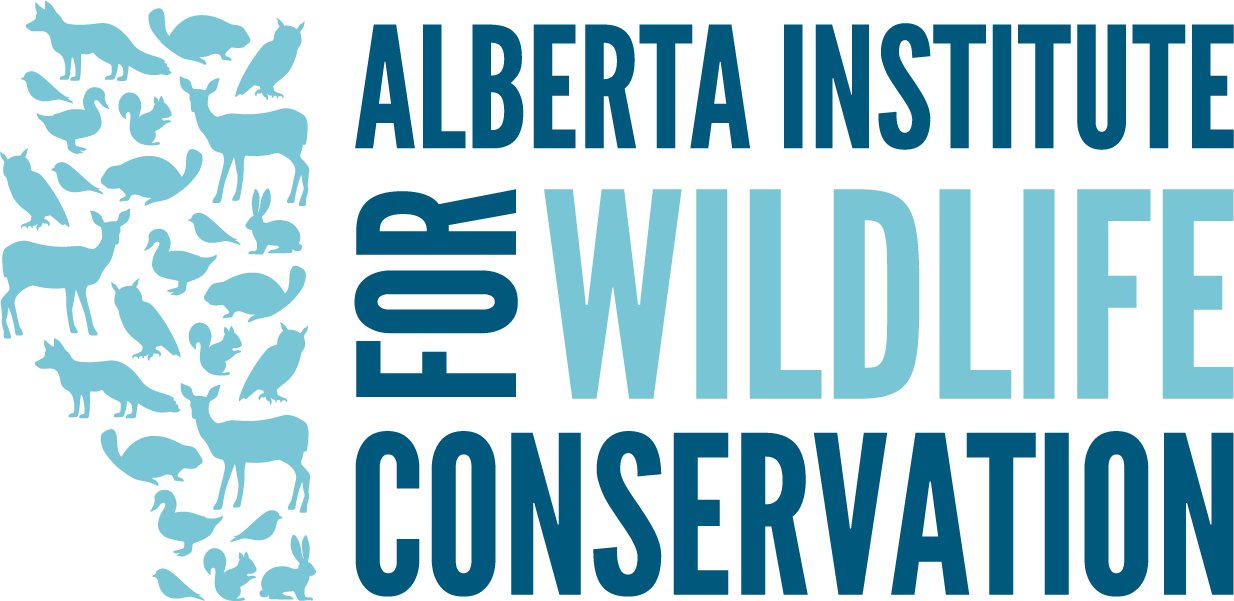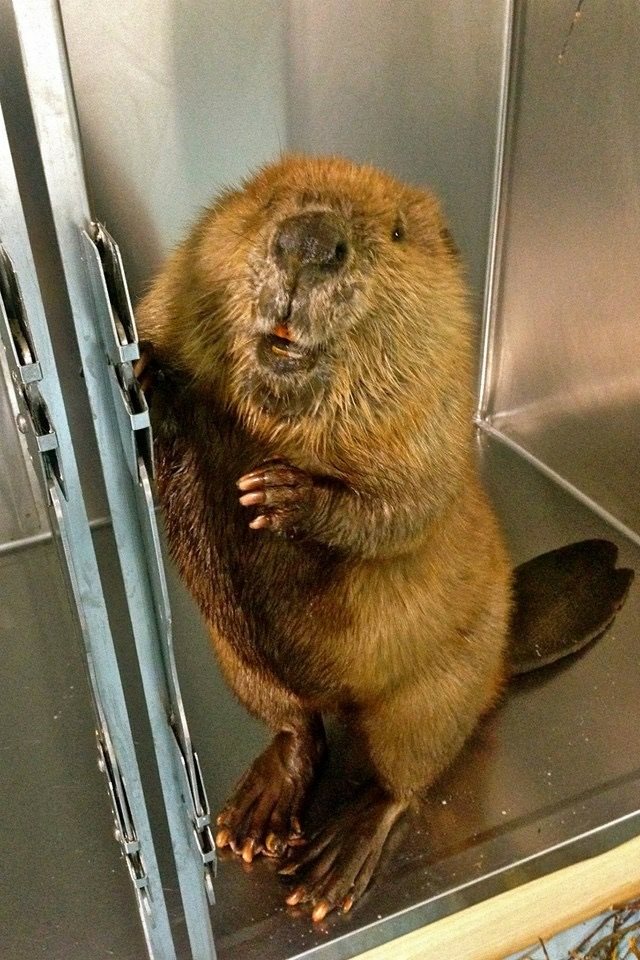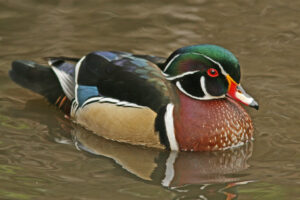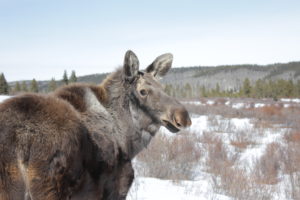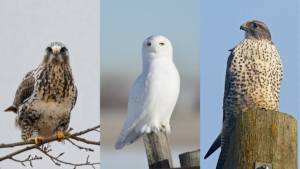With Canada day coming up on Friday, we thought we’d take some time to talk about Canada’s national animal, the North American Beaver!
The North American Beaver has been a symbol of Canada since the 17th century, and became Canada’s national animal on March 24th, 1975. At AIWC, we often have beavers in our care, making up part of the over 1,600 wild animals we treat each year. Currently, we have a North American Beaver kit in our care. He is an orphan and was found at a golf course with a tail laceration and we are hoping he makes a speedy recovery.
Beavers are amazing swimmers and use their large, rear webbed feet and their paddle-shaped tails to steer and glide through the water. They have valves in their nose and ears that close to keep the water out. Beavers also have a clear layer that acts like goggles to cover their eyes when they are swimming to protect them from things floating in the water.
Beavers are among the largest in the rodent family, weighing up to twenty seven kilograms! They eat twigs, bark, leaves, roots and aquatic plants. Gnawing and felling trees with their large teeth and powerful jaws gives beavers the supplies they need to build dams and lodges to live in. Access to their homes can only be reached through underwater entrances, providing them with better protection from predators that can’t swim.
Did you know that beavers can remain underwater for up to fifteen minutes before coming up for air? This is especially helpful when beavers are building their dams, and trying to place sticks underwater!
Beavers are also good house guests. Their dams usually contain two dens, one for drying off after entering the dam from underwater, and a second, dryer den where the family will live and socialize. Beavers have also been known to share their lodges with families of muskrats!
Have a safe and fun Canada Day with friends and family!
How Can You Help?
- Read our PSAs about what to do if you come across wildlife and spread the word.
- Donate to AIWC – with the demand for our services increasing, the cost to operate also increases.
- Donate an item(s) from our wish list.
- Become a member.
- Adopt an animal.
It all comes down to this:
“We don’t own the earth. We are the Earth’s caretakers. We take care of it and all the things on it. And when we’re done with it, it should be left better than we found it.” – Katherine Hannigan, author.
